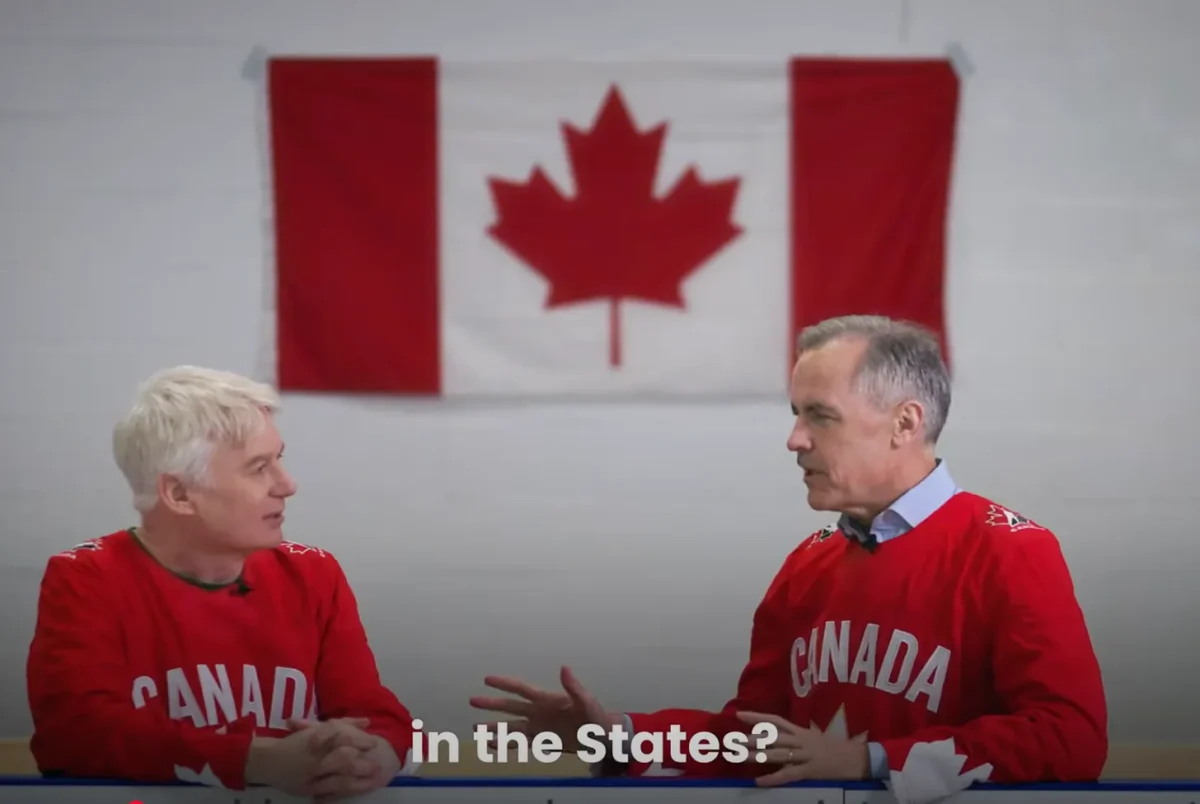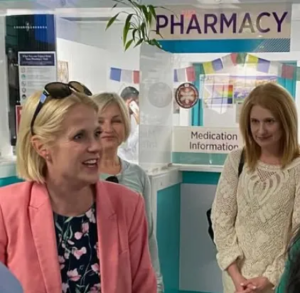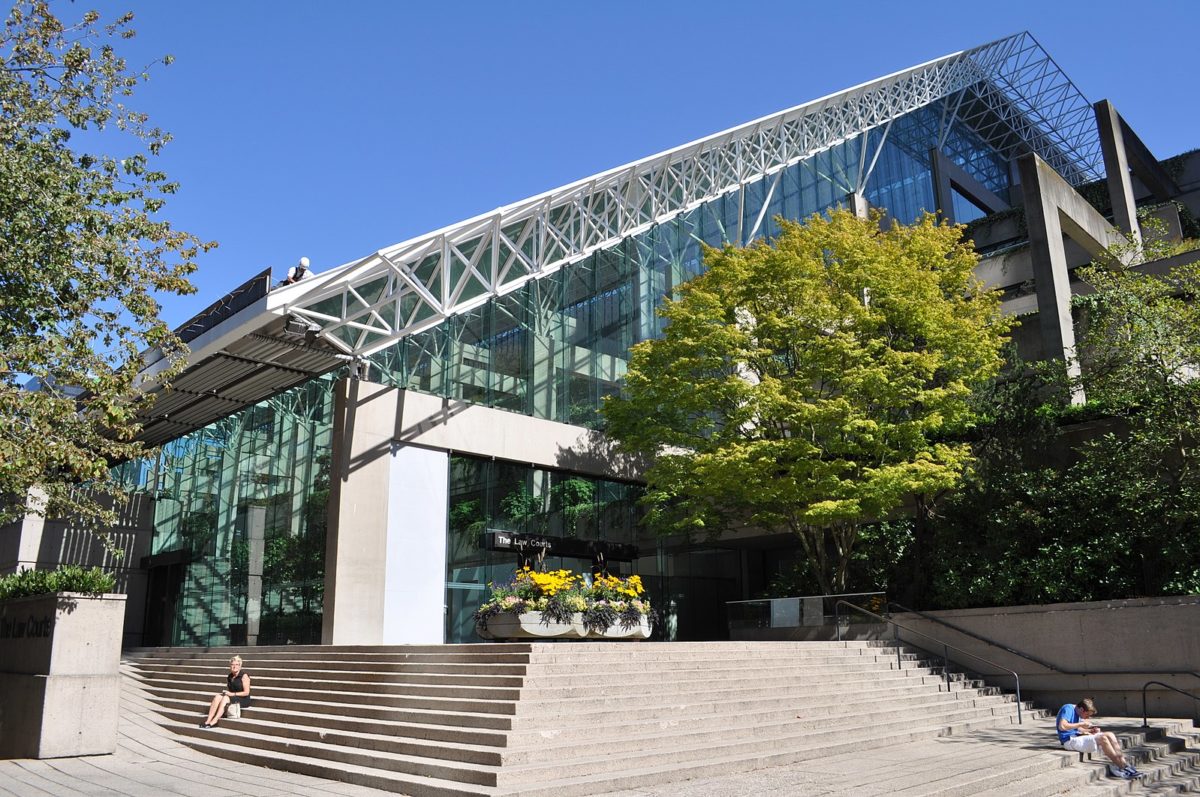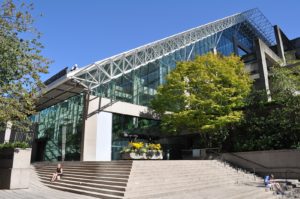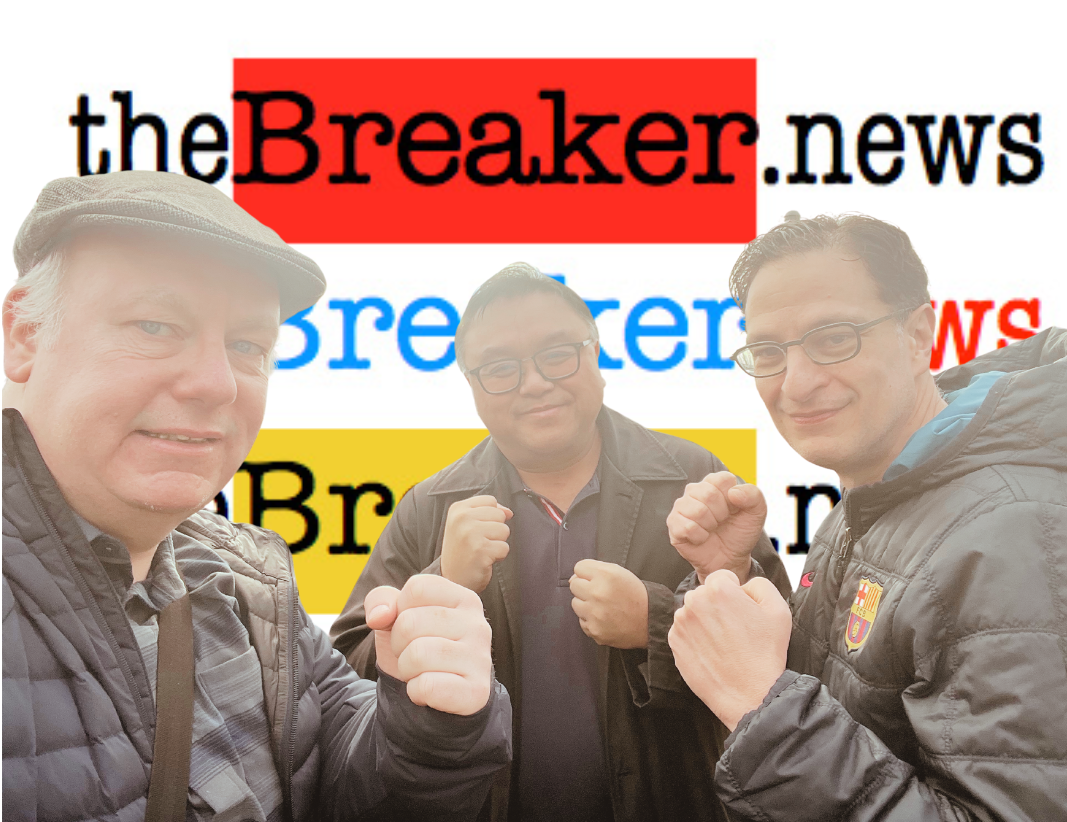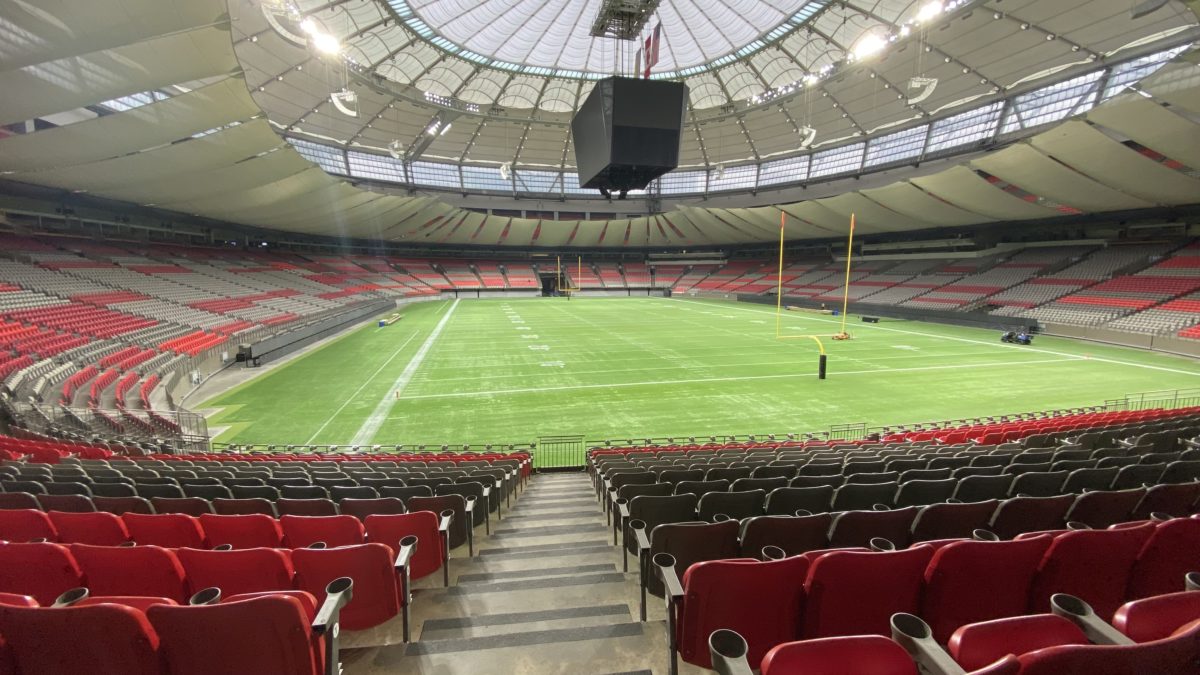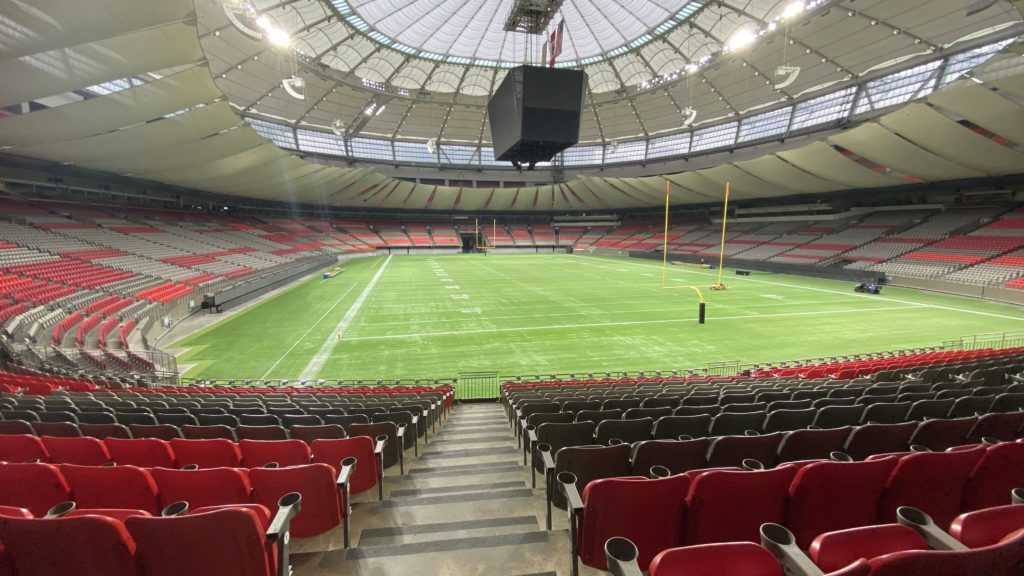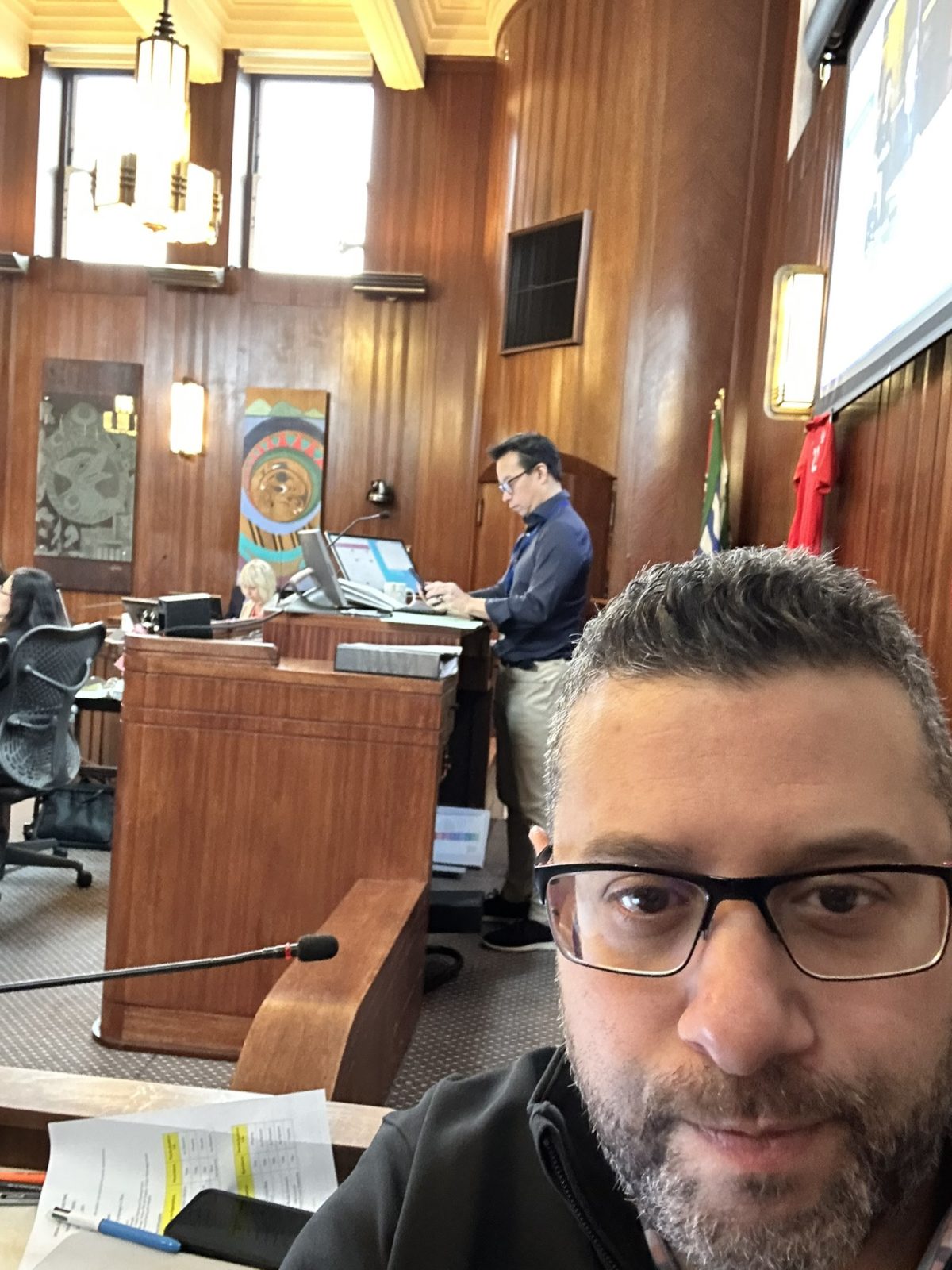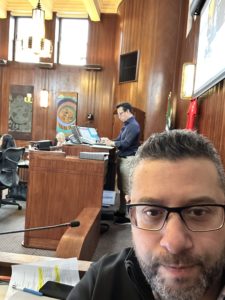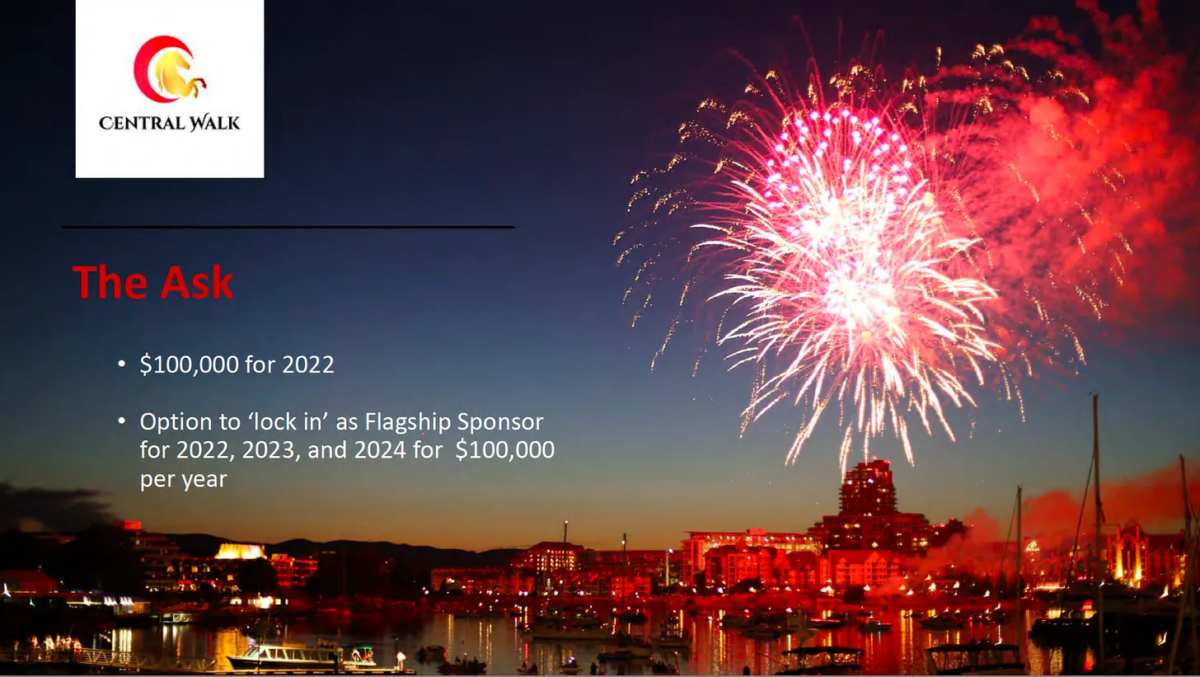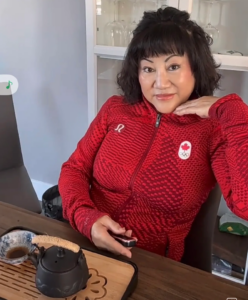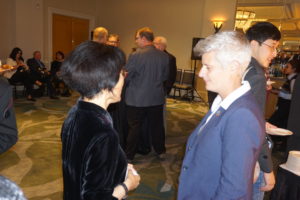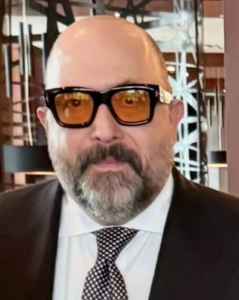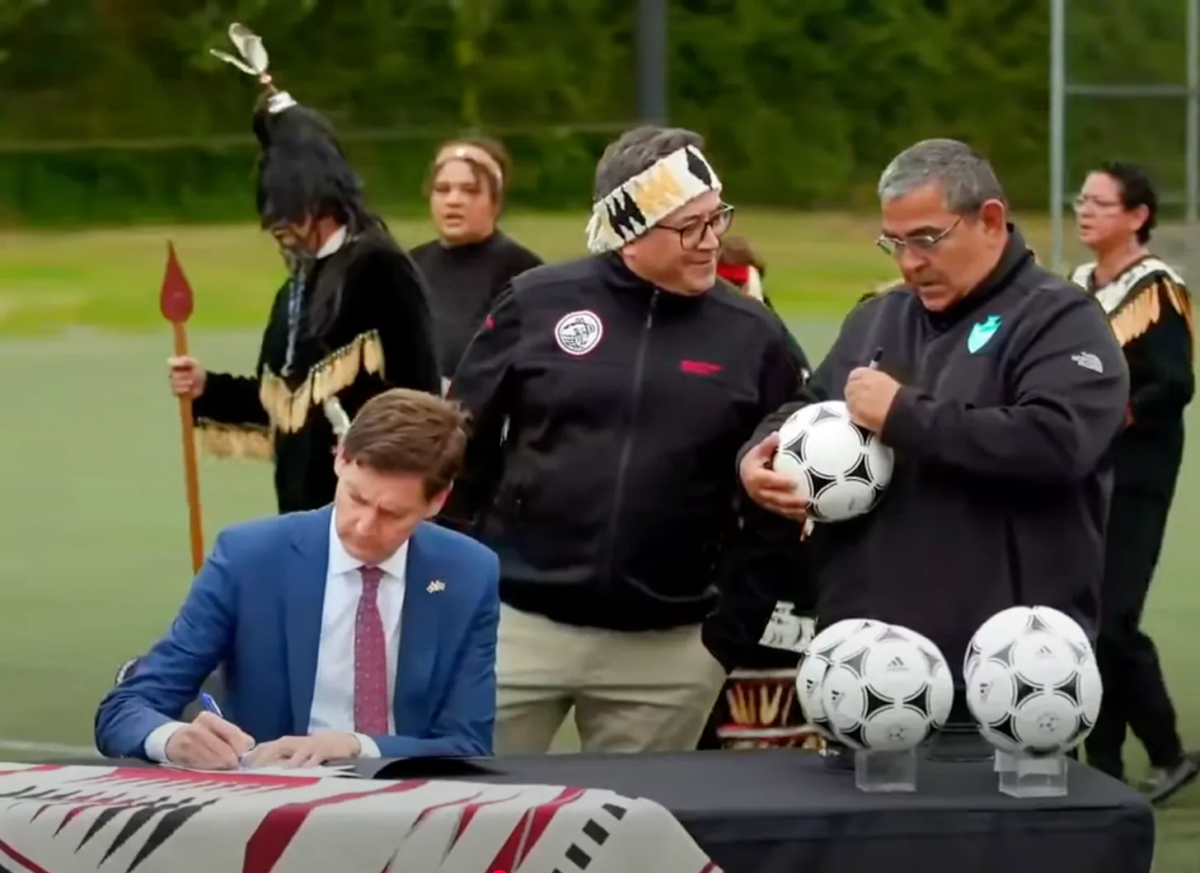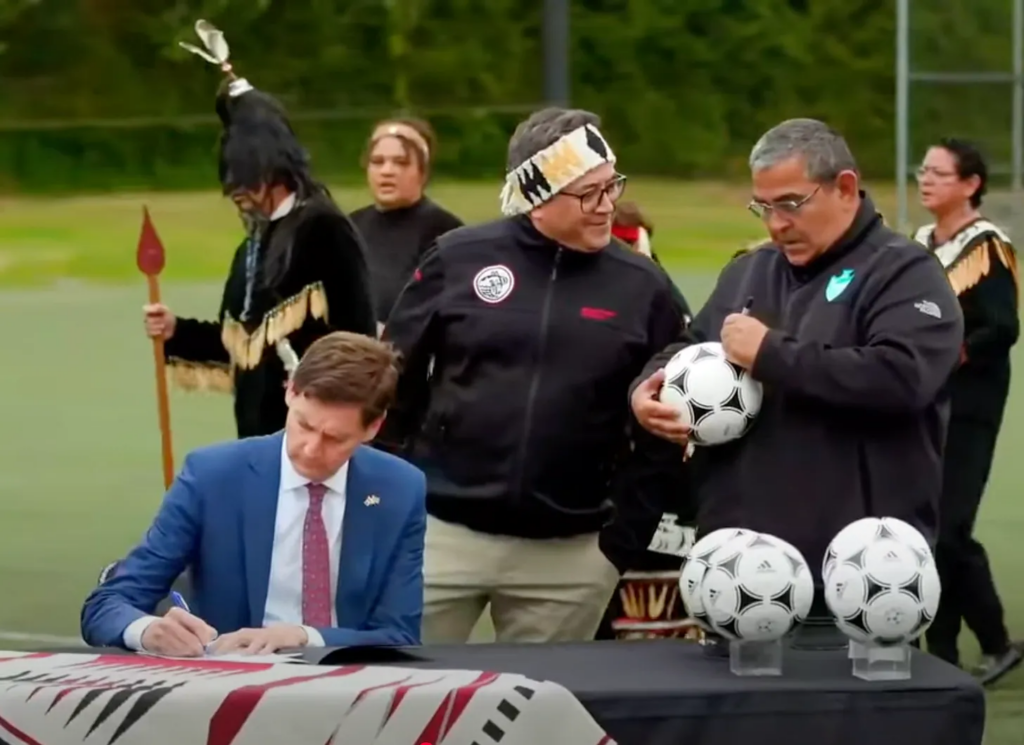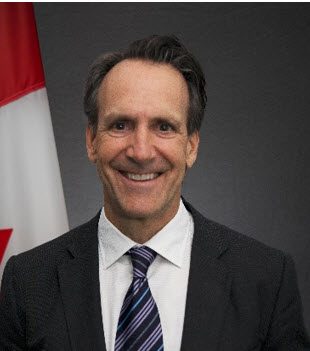Elbows Up? Mark Carney’s portfolio is a who’s who of major American corporations
Bob Mackin
The mystery is over. Prime Minister Mark Carney’s conflict of interest register shows well-known American companies dominated his investment portfolio.
Former central banker Carney kept the Liberal Party in minority power in the April 28 election. His patriotic “Elbows Up” campaign exploited fears about Donald Trump’s tariffs and threats to make Canada the 51st state.
On July 11, the Office of the Conflict of Interest and Ethics Commissioner website released Carney’s long-awaited disclosure files. Carney had resisted showing the files before the election, insisting he was following the rules that allowed him to delay disclosure to four months after becoming Prime Minister. Conservative leader Pierre Poilievre suggested Carney did not want the public to know the truth about the depth and breadth of his American investments.
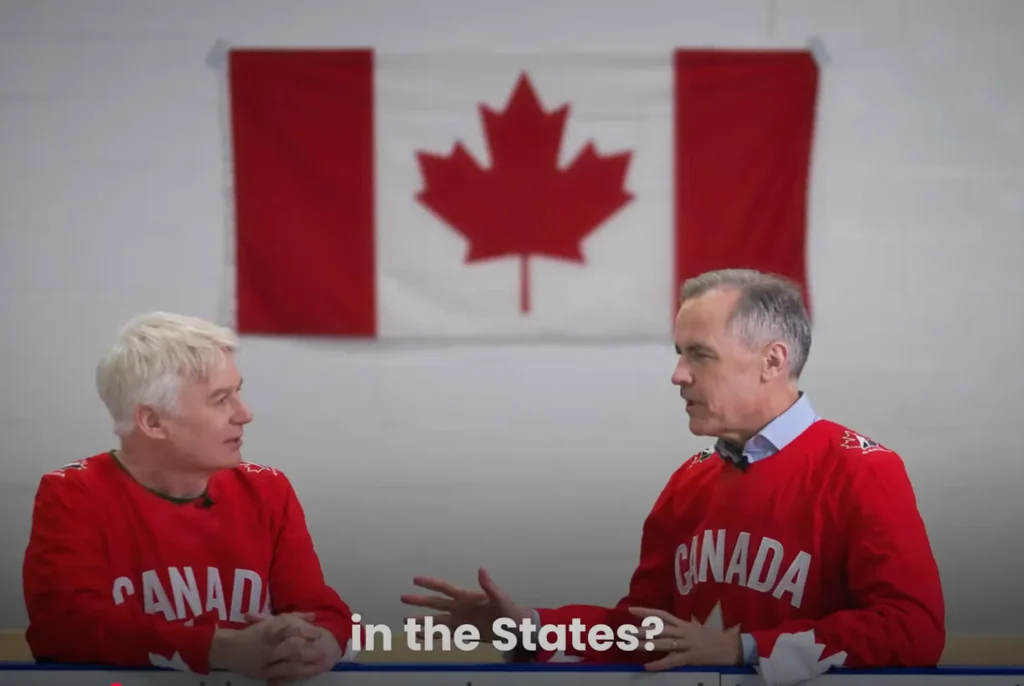
Mark Carney and Mike Myers (left) in the Elbows Up Liberal election ad. (Liberal Party/YouTube)
How much?
Carney’s file lists 569 stocks divested into a blind trust and managed by a third party.
A separate list, Annex A, is for the purpose of an ethical “screen”: Carney is not supposed to be made aware of or participate in any official matters or decisions involving 103 entities related to payment processor Stripe and Brookfield Asset Management. Before running to replace Justin Trudeau, Carney was a director of Stripe and chaired Brookfield, a trillion-dollar Canadian company that moved headquarters to New York shortly after Trump returned to power last fall.
Neither list shows the quantity or value of Carney’s shareholdings.
Why it matters
Before the election, Democracy Watch co-founder Duff Conacher told theBreaker.news that blind trusts and ethical screens under lax Canadian laws are meaningless, because there are too many “loopholes in the ethics law that are huge and allow politicians to participate in decisions where they can profit from the decision.”
A brief selection of Carney’s U.S. shareholdings.
Tech/media: Alphabet Inc., Amazon.com, Inc., Apple Inc., AT&T, Inc., Comcast Corp., Fox Corp., International Business Machines Corp., Liberty Media Corp., Meta Platforms, Inc, Microsoft Corp., Netflix Inc., Salesforce, Inc., Walt Disney Co.
Tourism/travel: American Airlines Group, Inc., Airbnb, Inc., Delta Air Lines, Inc., Expedia Group, Inc., Marriott International, Inc., Royal Caribbean Group., Uber Technologies, Inc., United Airlines Holdings, Inc.
Banking: Bank of America Corp., Morgan Stanley
Energy: Chevron Corp., ConocoPhillips, Exxon Mobil Corp.,
Motoring: Ford Motor Co., Harley-Davidson, Inc.
Military/aerospace: Boeing Company, Halliburton Co., Lockheed Martin Corp.
Food/beverage: Coca Cola Company, McDonalds Corp., Pepsico, Inc., Starbucks Corp., Kraft Heinz Co.
Retail: Best Buy Co., Inc., Home Depot, Inc., Walmart, Inc.
NEW: Subscribe to theBreaker.news on Substack. Find out how: Click here.
Bob Mackin The mystery is over. Prime Minister






